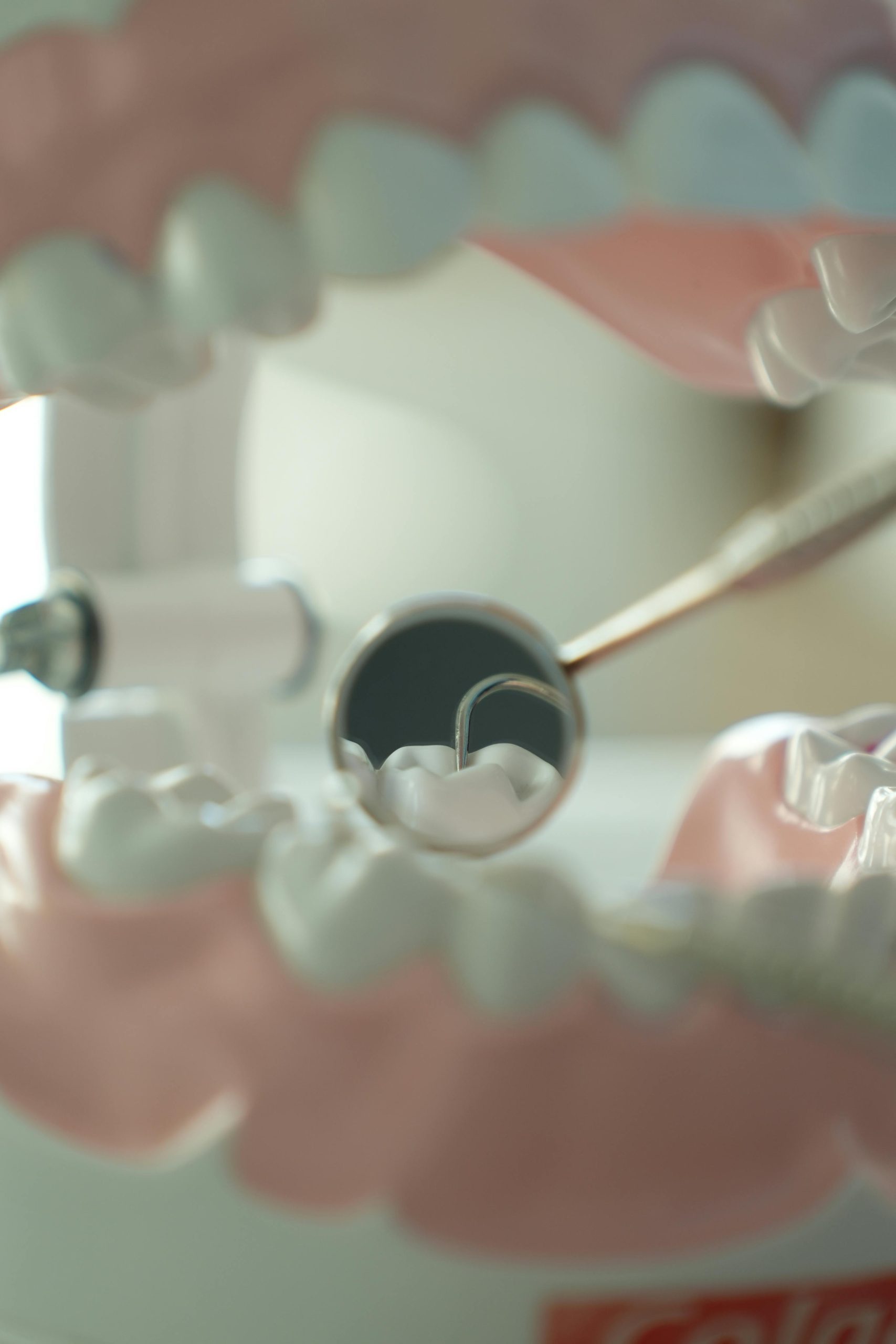Did you know that your hormones could be affecting your dental health? While most people associate oral hygiene with brushing, flossing, and regular dental visits, hormonal fluctuations play a surprisingly significant role in the health of your teeth and gums. From puberty to pregnancy to menopause, changes in hormone levels can lead to a range of dental issues, including gum disease, dry mouth, and even tooth decay. Understanding this connection can help you take proactive steps to protect your smile at every stage of life.
How Hormones Influence Oral Health
Hormones are chemical messengers that regulate many bodily functions, including growth, metabolism, and immune responses. When hormone levels fluctuate—whether due to natural life stages, medical conditions, or medications—they can impact the blood supply to your gums, alter saliva production, and even change how your body responds to bacteria in your mouth.
Key ways hormones affect dental health:
- Increased gum sensitivity: Hormonal changes can make gums more prone to inflammation and bleeding.
- Changes in saliva: Reduced saliva flow can lead to dry mouth, increasing the risk of cavities.
- Altered immune response: Hormones can weaken the body’s ability to fight off oral infections.
Hormonal Stages and Their Dental Effects
Different life stages bring unique hormonal shifts that can impact oral health. Here’s how your hormones may be affecting your teeth and gums at various times in your life.
Puberty
During puberty, rising levels of estrogen and progesterone increase blood flow to the gums, making them more sensitive. This can lead to red, swollen, or bleeding gums, even with good oral hygiene. Teens may also experience an increased risk of gingivitis during this time.
Pregnancy
Pregnancy hormones, particularly progesterone, can cause “pregnancy gingivitis,” a condition where gums become inflamed and tender. Some women also develop pregnancy tumors—small, benign growths on the gums that usually disappear after childbirth. Additionally, morning sickness can expose teeth to stomach acid, increasing the risk of enamel erosion.
Menopause
As estrogen levels decline during menopause, many women experience dry mouth, burning sensations in the mouth, or bone loss in the jaw, which can lead to tooth loss. Hormonal changes may also make gums more susceptible to infections and periodontal disease.
Common Hormone-Related Dental Problems
Hormonal imbalances can contribute to several oral health issues. Recognizing these problems early can help you seek timely treatment.
Gum Disease
Hormonal fluctuations can make gums more vulnerable to plaque buildup, leading to gingivitis or periodontitis. Symptoms include redness, swelling, bleeding, and receding gums.
Dry Mouth
Reduced saliva production, often caused by hormonal changes, can lead to dry mouth. Saliva helps neutralize acids and wash away food particles, so a lack of it increases the risk of cavities and bad breath.
Tooth Decay
Hormonal shifts can alter the pH balance in the mouth, making teeth more prone to decay. This is especially common during pregnancy and menopause.
How to Protect Your Dental Health During Hormonal Changes
While you can’t control hormonal fluctuations, you can take steps to minimize their impact on your oral health.
- Maintain excellent oral hygiene: Brush twice daily with fluoride toothpaste, floss daily, and use an antimicrobial mouthwash.
- Stay hydrated: Drink plenty of water to combat dry mouth and help wash away bacteria.
- Visit your dentist regularly: Professional cleanings and check-ups can catch problems early.
- Eat a balanced diet: Limit sugary snacks and focus on foods rich in calcium and vitamin D to support strong teeth and bones.
- Manage stress: Stress can exacerbate hormonal imbalances, so practice relaxation techniques like yoga or meditation.
Conclusion
Your hormones play a bigger role in your dental health than you might think. From puberty to menopause, hormonal changes can affect your gums, teeth, and overall oral hygiene. By understanding these connections and taking proactive steps—such as maintaining good oral care habits and visiting your dentist regularly—you can keep your smile healthy no matter what life stage you’re in. If you notice unusual changes in your oral health, don’t hesitate to consult your dentist for personalized advice and treatment.
